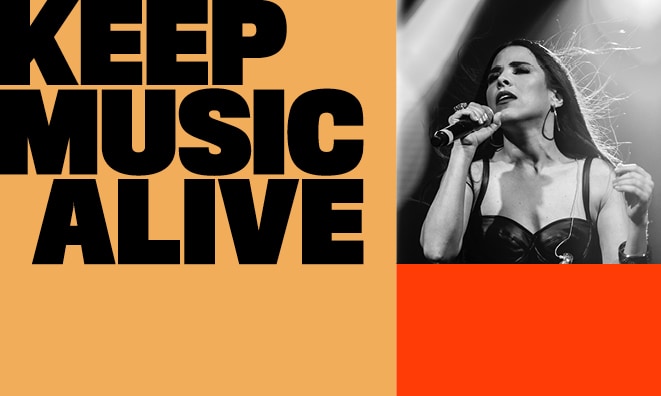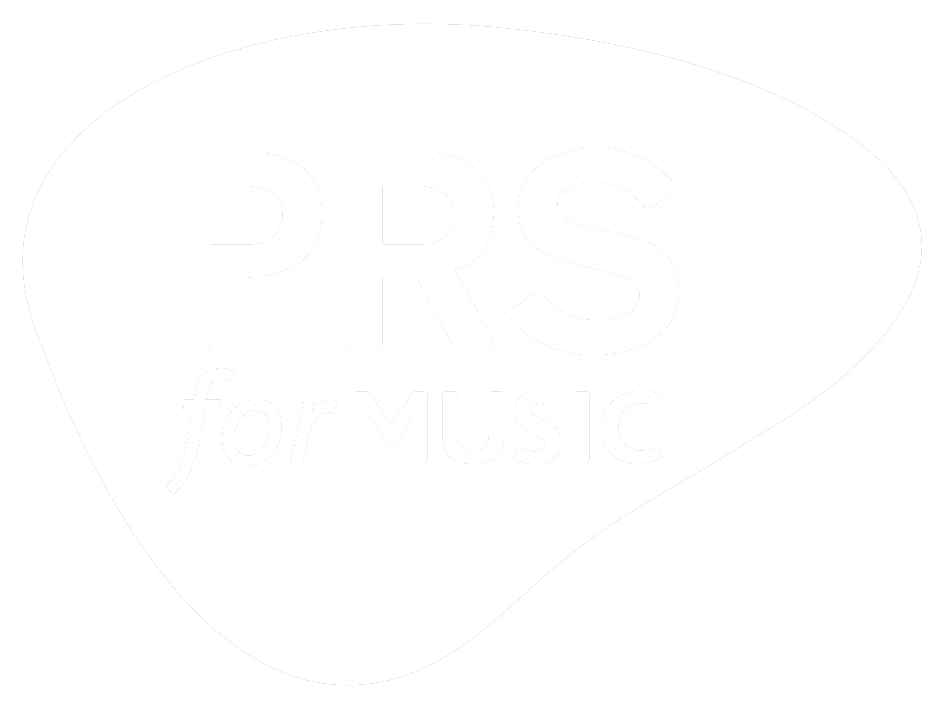The deadline to submit written evidence to the DCMS Select Committee inquiry on streaming has now passed.
The idea of giving evidence to a Select Committee can be daunting – especially when it’s about something as important and complex as streaming. But it doesn’t have to be.
Here we run through what we believe will convince the Digital, Culture, Media and Sport Select Committee inquiry to fix streaming and keep music alive.
For each question the inquiry asks, you will find two things:
- Prompts to help you think about your personal experiences and how they relate to the questions.
- Points that we believe will fix streaming.
Remember to include a short introduction to who you are and what you do.
Real evidence is also useful. If you have royalty statements or have digital versions of any label or publishing contracts, please send them in to the inquiry as well.
You have until Friday 11 December to have your say.
An earlier call for evidence closed on Monday 16 November. Evidence submitted after this date might not arrive in time to be used in early verbal evidence sessions or identify people for the Committee to talk to, but it could be used in the final report.
Question one: what are the dominant business models of platforms that offer music streaming as a service?
Explain to the inquiry what streaming platforms you use and how they work from your point of view.
Thinking about these questions might help you with your answer:
- Do you use streaming platforms to monetise the music you make?
- How important to you is streaming as a source of direct and indirect income?
- What are the risks, costs, and benefits?
- If you have a label or music publisher, what role do they play in your music being streamed?
- What information do you have on who is collecting your royalties and what deductions are being made?
- How accurate is the data on your music in the streaming system?
- If you’re a student or new to releasing music, how confident are you about earning enough from streaming?
When you answer each question, it’s important to give suggestions about what you think will improve the economics of music streaming for you as a songwriter, composer and/or performer.
The more people who ask for the same fixes, the more likely we are that the inquiry will listen. If it makes things easier, you can copy and paste these six points into your answer:
- The streaming model must be equitable, fair, transparent, efficient, and pro-creator.
- It must value the songwriter and performer contribution to streaming more highly.
- It must include checks on the dominance of major music corporations on streaming marketing, licensing and distribution of streaming royalties.
- It must stop information being hidden that enables conflicts of interest and prevents creators and performers understanding what they’re being paid and why.
- It must include modernised royalty distribution systems to stop bad and missing metadata, and mis-allocated payments.
- It must create the strongest environment for UK creators and ensuring UK songwriters, composers and performers do not fall behind on basic rights and protections.
Question two: Have new features associated with streaming platforms, such as algorithmic curation of music or company playlists, influenced consumer habits, tastes, etc.?
Your personal experience is vital evidence. Describe any experience you have had with playlists on streaming platforms.
Other questions to think about are:
- Do you think playlists and auto-recommendation impact the success of your music?
- Has this new feature changed the way you manage your music?
Even though the question asks for your experiences, you should still ask them for things that will make things better for you and other songwriters, composers and performers.
Here are two things we want to see happen, to fix streaming and keep music alive:
- Oversight of platforms so that algorithms are not biased, and provide equal access to the streaming market for all artists, songwriters and performers regardless of whether they are signed or not.
- Full auditing and disclosure of the relationships between rights owners (music publishers and record labels) and streaming platforms to expose agreements, marketing partnerships and non-licence revenues.
Question three: what has been the economic impact and long-term implications of streaming on the music industry, including for artists, record labels, record shops, etc.?
You only need to answer this question from your point of view as a songwriter, composer and/or performer.
Questions to think about are:
- How much do you get paid from streaming?
- Has streaming impacted how much you earn from your music, and how?
- Has streaming changed how much detail and understanding you have of who licenses your music and at what rates?
Can you provide evidence of your earnings with royalty statements? Include as many royalty statements as you are able, to show your income from streaming and the kind of information you are provided with by your label, publisher or collecting society.
Here are three things we want to see happen, to fix streaming and keep music alive:
- An equitable model that enables greater value to be placed on the song.
- A fairer model where the major music corporations do not dominate the marketing, licensing and distribution of streaming royalties.
- Greater transparency to stop information being hidden that enables conflicts of interest and prevents creators and performers understanding what they’re being paid and why.
Question four: how can the Government protect the industry from knock-on effects, such as increased piracy of music? Does the UK need an equivalent of the Copyright Directive?
This question is targeted at the platforms, Major Labels, big tech companies and others in the industry. But you can still answer it.
Things to think about in your answer:
- Do you believe that you have lost money to piracy?
- Does the potential for stream ripping and other forms of piracy affect your business plan?
- Do you think online platforms, such as YouTube, do enough to protect creators and their work? If not, why not?
Here are six things we want to see happen, to fix streaming and keep music alive:
- Better or equivalent copyright protections for creators to those awarded elsewhere, particularly in Europe.
- Greater transparency amongst record labels, music publishers, streaming platforms and other licensing entities so that creators can effectively use their right to audit music companies they are signed to or who administer royalties for them.
- Enshrine the liability of online platforms in UK law; this means that platforms, including those that host user-generated content, will be liable for hosting unlicensed music.
- Contracts between music creators and companies tasked with exploiting their works should always ensure that all creators will be paid appropriately and proportionally to their music’s success.
- Be able to renegotiate contracts if the remuneration originally agreed under a license or transfer of rights turns out to be disproportionately low compared to revenues generated by a creator’s music.
- Assignment of rights to a music company should have a maximum term, after which the rights should automatically return to the creator, who could decide to extend or place their rights elsewhere.
Question five: do alternative business models exist? How can policy favour more equitable business models?
This is your opportunity to explain how you would like streaming to work for you. Things to think about are:
- Do you think there is enough transparency, oversight, and protections for music creators?
- Do you deal with platforms and/or music companies which have a good business model? If so, how do they work?
- Who do you turn to in order to fight your corner and protect your interests?
- Do you get paid better when your music is played on the radio, or used elsewhere?
Here are three things we want to see happen, to fix streaming and keep music alive:
- More transparency and opportunities for scrutiny, so that current market distortions can be exposed and reformed.
- Ensuring a level playing field through regulation can enable ethical business models to become the norm. Not all platforms are the same, and not all music companies are the same; some are demonstrating that more equitable business models can be adopted.
- The reclassification for performers of streaming as a ‘communication to the public’ rather than ‘making available’ (for songwriters, streaming already has this classification). This would generate royalties to be paid through a collection society such as PPL (like radio does), help unrecouped artists as it would generate new royalties for them that they wouldn’t get direct from a label, and generate an income stream for session musicians who currently receive no streaming royalties.
If you want to know more about the inquiry, what it is, why it matters, or how to have your say – please read our Streaming Inquiry FAQs. If you still have questions, ask us on Twitter @IvorsAcademy and @WeAreTheMU.





